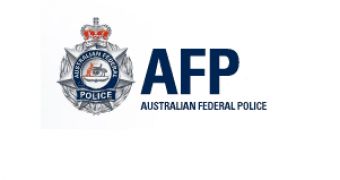Hacking and other cybercriminal activities are considered a hobby by many Australian teens and as it turns out, at least 6 of them, from Brisbane, Sydney and Perth, are being monitored by the Australian Federal Police (AFP).
Australian authorities have launched a campaign that’s meant to educate teenagers on the fact that cybercrime isn’t “harmless fun.” As a result, they’ve started reaching out to individuals who believe that nothing bad can happen to them if they take down or hack a few websites.
A number of 6 youths, suspected of being involved in hacking activities, and their legal guardians have been contacted by the AFP and educated on the effects, the illegality, and the potential outcome of cybercrimes.
“These activities are just part of the ongoing commitment by law enforcement to deter cyber criminals. In this case, the AFP has engaged with these young people to educate them on the risks of becoming involved in this type of behaviour before they find themselves committing serious offences,” National Manager High Tech Crime Operations, Neil Gaughan, said.
“Activities such as hacking, creating or propagating malicious viruses or participating in DDOS attacks are not harmless fun. They can result in serious long-term consequences, such as criminal convictions and perhaps jail time.”
None of the six young people contacted by the AFP has been arrested, but the organization wants to raise awareness regarding the dangers that come with such offences.
According to Commonwealth laws, individuals found guilty of computer crimes can be sentenced to as much as ten years in prison.
The action is part of the ThinkUKnow Australia program, which is the result of a partnership between Microsoft and the AFP. The initiative aims to teach citizens how to protect themselves against malicious operations that take place on the Internet.

 14 DAY TRIAL //
14 DAY TRIAL //